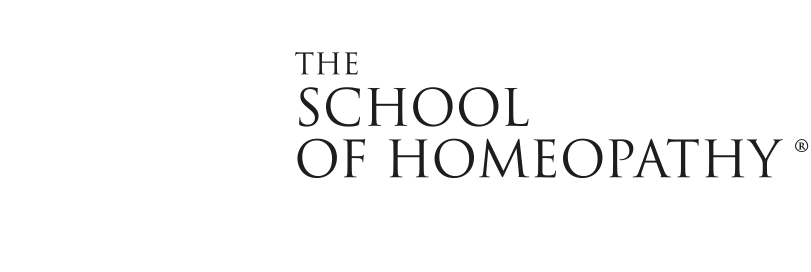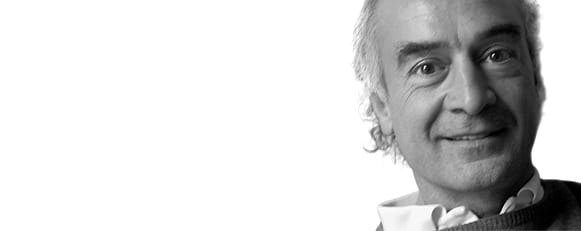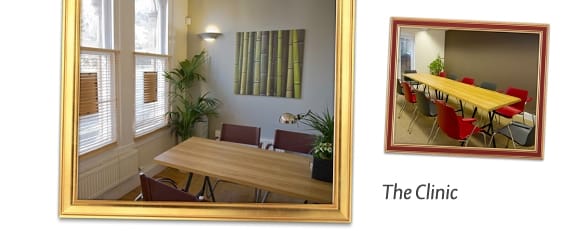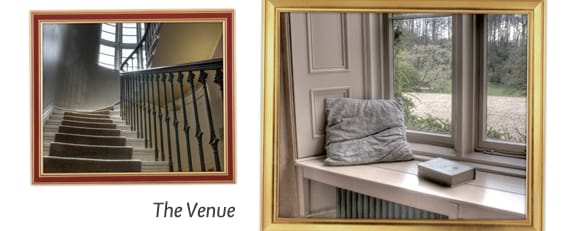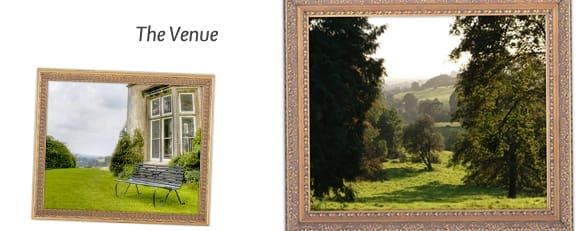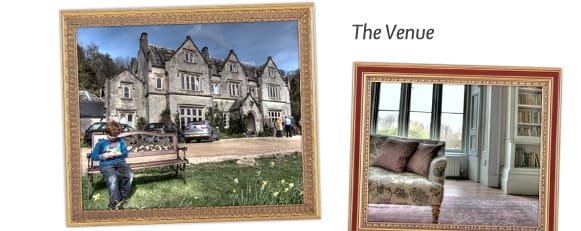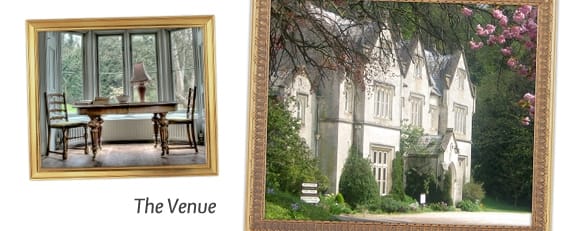

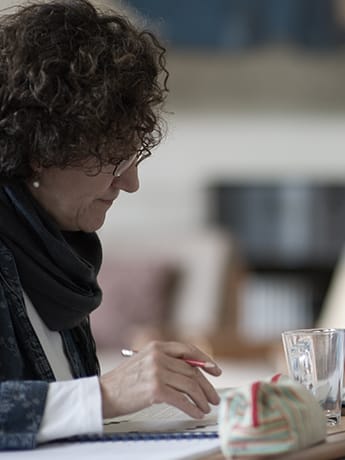
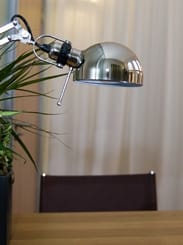
.jpg)
Clinical Observation
Clinical training is provided through our online low cost community clinic. Home study and attendance students join the clinic each month via Zoom. We run daytime and evening clinics. The online clinics are included in the course fees and you can join as many as you like across the 4 year programme. Each student, whether home study or attendance, must gain a minimum of 100 clinical observation hours.
We also offer an annual clinical Summer School in the UK with live clinics and video cases. These intensive week long events offer 50 hours of cinical observation and ensure a real boost in learning and skill. Students gain the expertise and confidence to work on a wide range of cases.
Clinical training is a fundamental aspect of the course where students put theory into practice and see cases first hand.
Working in clinical training progresses through 5 phases:
Phase 1 · Case receiving
The patient and clinic homeopath view the case, allowing you to watch and take notes of the case being received.
Phase 2 · Personal analysis
You work on the case for 10-15 minutes, quietly, on your own. The object is to develop a general overview of what is going on for the patient and what needs to be cured – the broad brushstrokes.
Phase 3 · Triad analysis
Working in subgroups (triads) allows you to further develop your overview of the case and to begin to develop ideas. The clinic homeopath will guide and help where required.
Phase 4 · Group analysis
One member of the working subgroup addresses the entire group giving a résumé of the triad group’s perceptions. Others then follow suit. You are encouraged to use the white-board to schematise and show your workings, thus many opinions are gathered and worked on cooperatively. Prejudiced points of view and collusion with the patient’s state are usually unearthed during this process by peer review. Thus you work through the synthesis of case material, identifying themes and assembling symptoms which belong to the disease and are representative of the patient.
Phase 5 · Prescribing
With the use of repertory, computers and checking materia medica we arrive at a group decision for a remedy. Posology is then discussed. Finally, we consider any naturopathic and adjunctive advice or interfacing with other health care providers we may wish to give the patient – all of this is discussed by us in the group.
Student feedback:
“I find the Friday Clinics hugely beneficial. What luck for us being able to watch and learn from homeopaths who are not just experienced but world renowned too! Sitting in Clinic and watching a case unfold before our eyes brings what we have been taught to life. It is always interesting to see a homeopath take a case as we pick up all sorts of case-receiving tips and ideas - things to try and things to avoid! Participating in the the discussions with the teacher/homeopath and the other students after seeing a patient allows me to practise my case analysis skills in a supportive learning environment that is so much more dynamic than learning from a paper-case and has really increased my confidence towards working on my own cases. The teachers encourage us to explore our ideas and we work together as a group rather than being spoon-fed whatever conclusion they have come to. When discussing ideas as a group, they help us find a wonderful balance between staying grounded with logical, methodical, scientific practice and soaring away on magical flights of fancy to see if they open up something new."
Hannah Carey
“The Friday clinics at the School are a chance to watch experienced homeopaths in practice and to ask them questions about their approach, compare and contrast different ways of looking at a real case in real time and to hear what others have to say from different perspectives.”
Student
“The Homeoapths have a genuinely compassionate way of being with clients, depth and detail of materia medica knowledge, intuitive approach and trusting the case to emerge, challenges our thinking and assumptions, flexible mind with varied approaches to different cases, ever-enquiring, depth and breadth of homeopathic experience and knowledge.”
Amanda Biggs
“The clinical training exposes us to different approaches, so helps us not to get stuck, helps us not to overthink the case and work to a timescale, inspiration, enjoyment of collaboration.”
Student
“What I particularly love about the Friday clinic is that it gives us students a hands-on experience to watch homeopaths taking cases based on years of experience. They take cases from a Socratic 'I know that I know nothing' space.They have such an extensive knowledge and experience base and the strength to admit when they are puzzled, giving us students the opportunity to feel listened to, taking our ideas into account with great love and respect, but who can also point out very clearly when and where we go wrong. They have my deepest love and respect as homeopaths and I count myself blessed to be one of their students.”
Lioba Steinkamp
“ The closest I can think of regarding the experience the School of Homeopathy at Hawkwood, is one of those Greek Schools of Antiquity where search for knowledge was intrinsically blended in transformative self discovery and a fulfilling sense of spiritual quest.”
Domnita
"I always thoroughly enjoyed the Friday clinics. The homeopaths have a lovely way with patients and I felt I learned a great deal about case taking from watching them at work. It was always interesting to hear their case analysis as well."
Sam Pereira
“It is so valuable to watch and listen – like an apprenticeship in homeopathy, learning on the job. I also really like the technical set up. It works well, we can see and hear the patient clearly without actually being in the same room. This keeps the clinic experience ‘real’. The homeopaths are open to hearing our argument during the analysis especially when our ideas are different to theirs. It’s a safe environment where we learn from others, bouncing ideas around the class with the homeopaths builds our confidence and we try different case analysis tools.”
Student
“Clinical training like this brings the case to life, it is a hands on approach to real life problems – helpful to see how practitioners deal/cope with different situations.”
Student
“Live rubric/repertorisation discussion - it’s a great opportunity to discuss the process of not just themes but also the repertorisation process.”
Student
“I love the Friday clinics as we are under the wing of extremely experienced homeopaths, taking the case. We can ease in gently taking the case ourselves as if we were the homeopath, with no pressure and then working through it, after we can relax and play with our new found skills, putting the philosophy we have learned from years of hard study into practise. It is a great transition into 3rd year as we prepare to take on our own patients.I particularly like the continuity, seeing a patient every few months, and so helpful to experience all the variety of scenarios/ possibilities that arise in follow ups. We can see real visual evidence of the patients improving, and making changes in their lives.
The homeopath has a way of making their patient feel at ease, whatever their age, and to open up and explore things that they did not expect to, with just a few well chosen words. They give their patients all the space and time to go deep into themselves without even realising they are in a deeply healing space. The homeopaths are full of compassion and understanding and we have seen their patients become their friends, they enjoy coming to see them. We see live how they use their intuition, based in classical case taking techniques fused seemlessly with more modern styles, and dip into thier tool box of tricks to make sure they have the whole picture.
I have learned so much from observing and listening to the homeopaths unique case taking. The art of just being with the patient, as they tell us how they experince their individual story. Especially that sometimes it is better to just nod and mmm, and wait to see what the patient will say next. The long pauses are medative and calming and invariably the patient will come out with some interesting words that make our ears perk up.
When it comes to the case analysis homeopaths always encourage us to speak up, with our first impressions, and then about what is most striking, discussing the patients language, what needs to be cure and themes; the class is always lively. They encourage us to explore and back up our wild ideas, we discuss Miasm and Kingdoms, they enjoy us challenging their views on all aspects.We see how different case taking skills are needed, sometimes Mappa Mundi opens up a case, other times it is all rubrics and repertory based. They seem to really let us choose the remedy and the potency for the patient, treating us as equal, all homeopaths together. Even though they have had a remedy in mind all along, often having to gently lead us to a sensible polycrest. They are also happy to admit thier mistakes, very reasurring for us students.”
Melissa Hirtenstein
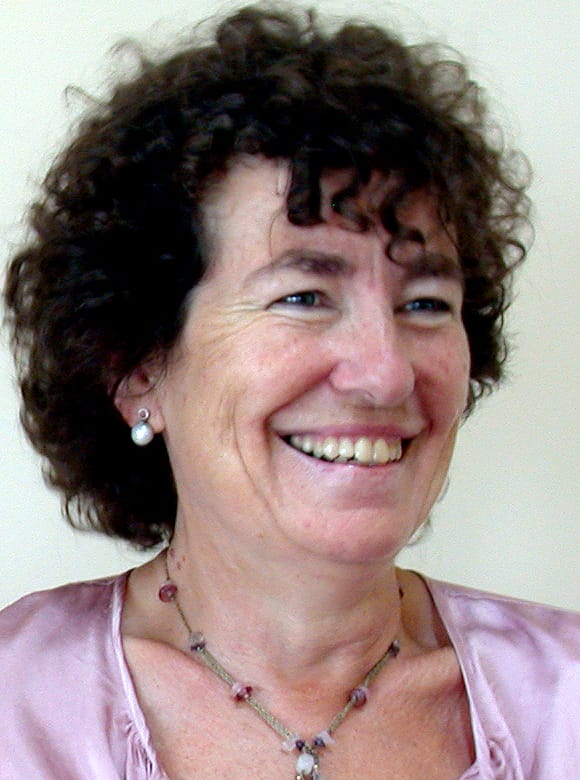
To work with the School of Homeopathy means you're always in contact with the next generation of homeopaths.
Janet Snowdon, Teacher
Thank you from the bottom of my heart! The experience of the Summer School was wonderful and absolutely priceless! I feel privileged to be a part of it. I want to be back already... hopefully next year! Everything felt flawless, but I know this doesn't happen without hard work of organisation and thinking about every little detail. Thank you very, very much for doing all this so gracefully and with open hearts!
Katerina, Student
